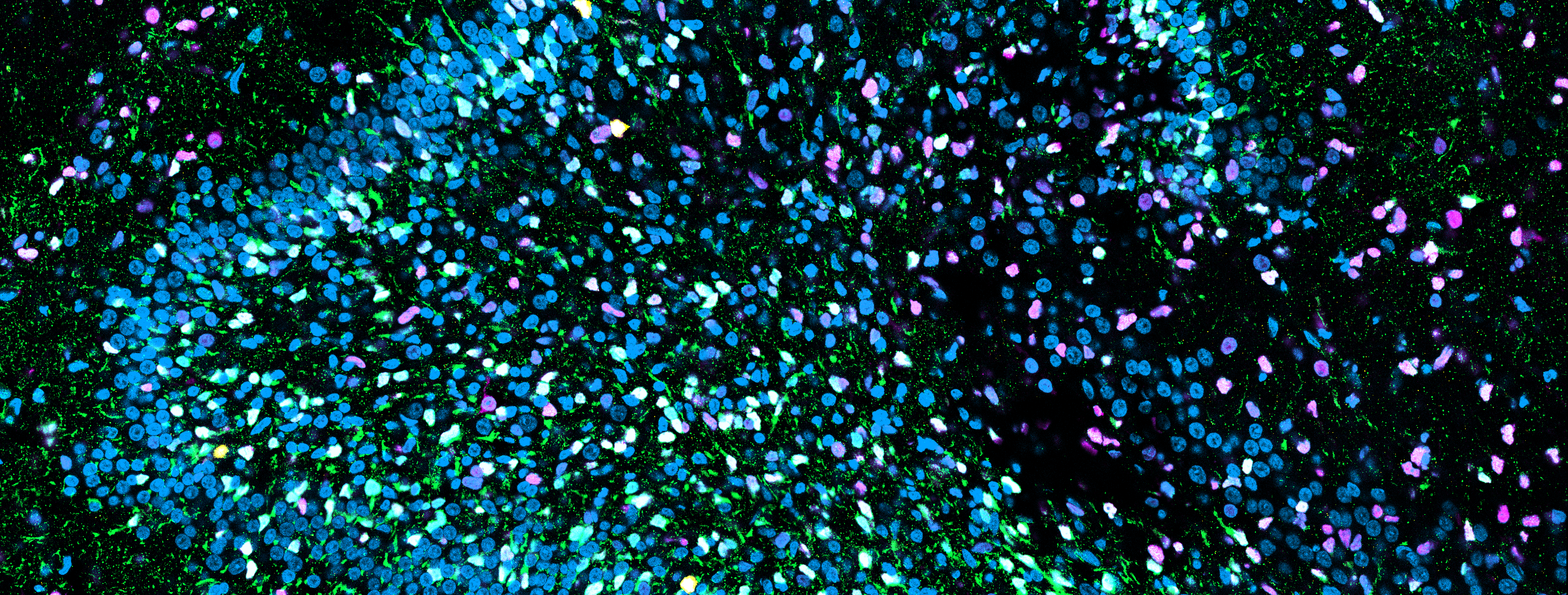Speaker
Description
DLG4-related Synaptopathy, also known as SHINE syndrome, is a newly identified neurological disorder associated with variants in the Discs Large Homolog 4 (DLG4) gene, encoding for the post-synaptic density 95 (PSD-95) protein, the most abundant scaffolding MAGUK protein in excitatory post synaptic densities (PSDs). Owing to the diversity of signalling pathways associated with PSD-95, 225 DLG4 variants, of which 83 pathogenic, have been identified, with disease manifestations consistent with those of its numerous interacting partners. De novo heterozygous pathogenic mutations in 53 individuals have been reported to be associated with moderate to severe intellectual disability, developmental delay, autism spectrum disorder, epilepsy, ataxia, hypotonia, ADHD, language delay and vision problems. No genotype-phenotype correlations have been established thus far, with treatment being restricted to management of symptoms and supportive care. We employ patient-derived induced pluripotent stem cell lines (hiPSCs) for in vitro characterization of glutamatergic NGN2-induced neurons and 3D cerebral organoids for disease modelling. To this end, we aim to establish the mutational effects of three different variants on the gene expression levels while elucidating the primary affected pathways by studying the domain-specific protein interactions. We also strive to restore neuronal function in haploinsufficient patients through AAV9-hSynI-hDLG4 gene therapy. Data thus far uncovered a loss-of function phenotype in all three patients, with patient-specific electrophysiological deficits, as revealed by patient cerebral organoids recorded using a high-density microelectrode array system (HD-MEA). Additionally, preliminary results from transcriptomic analysis at single cell resolution of patient-derived cerebral organoids revealed convergence with ASD and ADHD pathways. Intriguingly, AAV9-mediated DLG4 delivery reveals promising phenotype restoration. On the whole, our research holds promise for establishing the groundwork for future studies on other DLG4 variants and insights for gene therapy approaches for other monogenic brain disorders.
| Author(s) | Dania Abdellatif, Emanuele Secchi, Jose Davila-Velderrain, Rami I. Aqeilan. |
|---|---|
| Affiliation(s) | The Concern Foundation Laboratories, The Lautenberg Center for Immunology and Cancer Research, Department of Immunology and Cancer Research-IMRIC, Faculty of Medicine, The Hebrew University of Jerusalem, Jerusalem, Israel, Neurogenomics Research Center, Human Technopole, 20157 Milan, Italy. |

